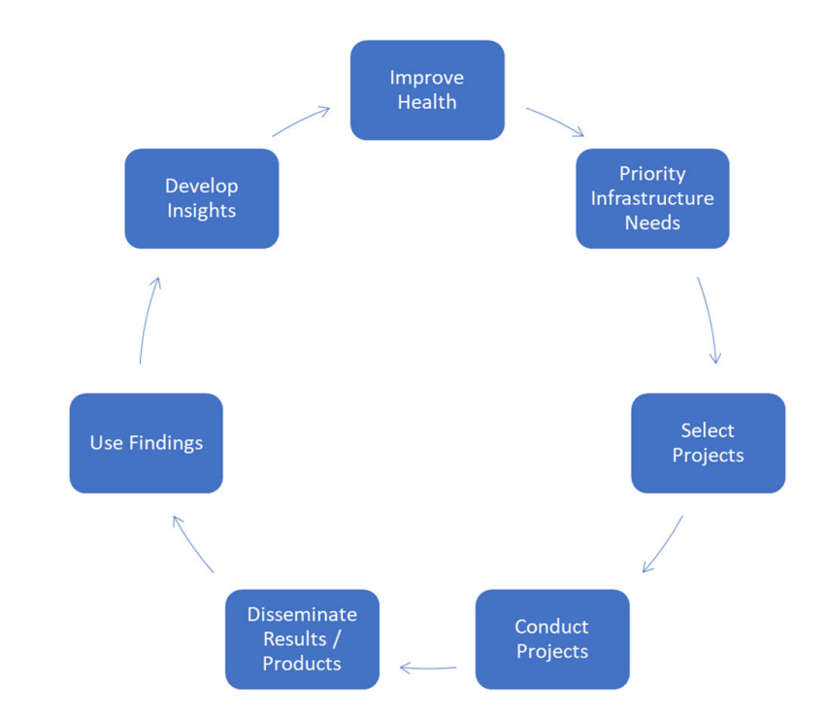What types of data capacity does the National Academies believe are needed to improve patient-centered outcomes research (PCOR), particularly with respect to health disparities. A report out this month (highlights) highlights some of the data capacity needs and also describes how U.S. Department of Health and Human Services (HHS)’s Office of the Assistant Secretary for Planning and Evaluation (ASPE) could help to address these data capacity needs.
Some of their key conclusion are:
- Data types needed. Information on mortality, cost of care, social determinants of health, disability status and characteristics associated with disparities in health outcomes.
- Patient-directed disease registries. The report notes that ” disease registries can be a source of in-depth, longitudinal, prospective clinical and patient-reported data that are not available from other data sources”. However, disease registries are often expensive to collect.
- More linked data. Collaboration is needed among federal agencies and between federal agencies and public and private partners to address barriers to data linkages including a lack of unique patient identifiers and consistent coding systems.
- Integrate patient-reported outcomes. The National Academies recommend “routine integration” of patient-reported data into various platforms. This process could be accelerated through digital data collection.
- Standardize data collection. The report wisely notes that while standard are useful, their utility is most obvious when it is “driven by their potential uses and a clear concept of the value they can contribute.” Standardizing data to facilitate international comparisons may also be useful.
- Updating data access laws is key. The National Academies’ report notes the 4 key laws governing privacy and data access, which include: (i) the Health Insurance Portability and Accountability Act of 1996 (HIPAA); (ii) “Part 2”, which relates to regulations on substance-abuse data confidentiality; (iii) the Family Educational Rights and Privacy Act (FERPA), which covers educational institutions; and (iv) the Privacy Act, which covers federal government data resources. Of these, HIPAA has the largest impact on data access, and NAS claims that its approach for data disclosures makes it “outdated” and interpretations of how HIPA is applied is often “inconsistent”. NAS calls for a critical review of privacy legislation in the new Internet-enabled world.
- Build trust among people who’s data is used. National Academies’ wisely states “Building and maintaining trust among the people and communities whose data are being sought for research is essential for producing high-quality data, and patient groups can be helpful partners in these efforts.” The more sensitive the information is, the more important is it that trust is built by the people supplying data.
- Consider additional data sharing partnerships between government agencies and health systems. While this raises privacy concerns, the potential to access health system data for research purposes would allow for researchers to answer a broader set of research questions with more certainty.
Some key challenges noted that stand in the way of setting up these data structures include:
- Data fragmentation. Data available for PCOR research are fragmented across a variety of databases.
- Available data often collected for payment and treatment purposes. Claims and EHR data, however, may miss significant social determinants of health.
- Data replication crisis. National Academies notes that PCOR studies are only fully replicable when the underlying data and source code are available to others. When data is publicly available, this certainly would be best practice as long as confidential and proprietary information continues to be protected.
What does ASPE propose to do about these challenges. Basically, this includes: (i) hold stakeholder meetings, (ii) facilitate access to date, (iii) lead efforts to set data standards, and (iv) increase consistency of use of standards for data interoperability, and (v) prioritize funding projects that help to standardize data collection related to PCOR. The framework the report proposes for ASPE is below.
